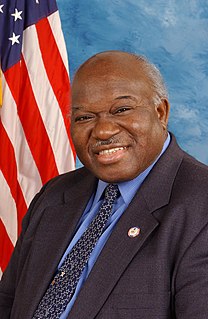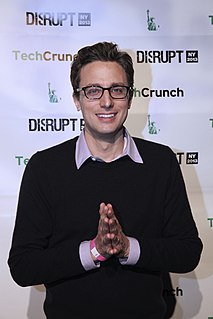A Quote by Cass Sunstein
I'm interested in how the Internet spreads information.
Quote Topics
Related Quotes
I think a lot about how ideas spread, how information spreads, why is it that something you're really proud of and you spend a lot of time creating sometimes doesn't go anywhere, and something that you kind of do on the side, on a lark, ends up getting shared and passed around and having this big impact.
The Internet, like all intellectual technologies has a trade off. As we train our brains to use it, as we adapt to the environment of the internet, which is an environment of kind of constant immersion and information and constant distractions, interruptions, juggling lots of messages, lots of bits of information.
I think a lot about how ideas spread, how information spreads, why is it that something youre really proud of and you spend a lot of time creating sometimes doesnt go anywhere, and something that you kind of do on the side, on a lark, ends up getting shared and passed around and having this big impact.
In the Restoring Internet Freedom Order, the FCC strengthened its transparency rule so that Internet service providers must make public more information about their network management practices. They are required to make this information available either on their own website or on the FCC's website.



































